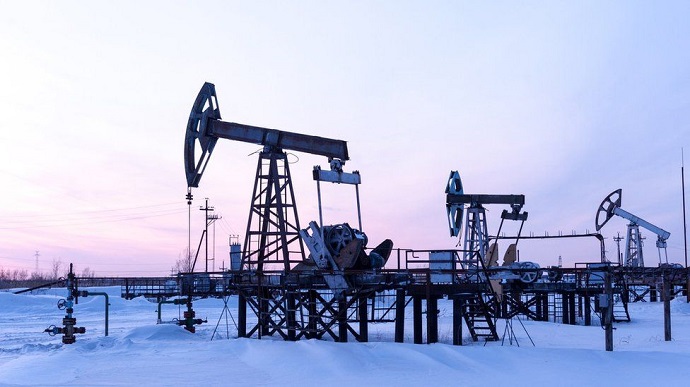On Monday, December 5, the $60 per barrel ceiling for Russian seaborne oil came into effect. The European Union will keep track on the agreed level of the maximum price for Russian tanker oil, the G7 countries, and Australia.
Russian oil can now be transported to third countries by sea using tankers from the G7 or the EU, insurance firms, and financial institutions, but only under the condition that the cargo is paid for at a price below the agreed upper limit.
Restrictions prepared by EU for Moscow
The restriction might make it difficult for Moscow to sell its oil at a higher price because major international shipping and insurance businesses have their headquarters in G7 countries or the European Union.
Although Russia, the second-largest oil exporter in the world until recently, had previously stated that it would not agree to such a restriction, would not sell oil subject to it, and was even prepared to reduce its production, it has suddenly stated the opposite. One of Russia’s primary sources of foreign exchange profits up until this point has been the selling oil and gas to Europe.
Moscow prepared countermeasures
According to a source who wanted to remain anonymous, Moscow is creating a directive that will forbid Russian traders and businesses from working with nations and organizations subject to the new restriction. If such a directive is implemented, oil and oil-related products will no longer be exported to such countries and businesses.
The EU and G7 nations anticipate that Russia will still have the incentive to continue selling oil at that price even though they will be making smaller profits because the upper price limit is set at $60 per barrel, which is not a great deal below the market level at which Russia’s benchmark oil brand Urals trades.
Every two months, the EU and G7 will review the price ceiling; the first review is planned mid January. Following the oil sanctions, a comparable measure on Russian oil products will be enforced on February 5, 2023. The size of this restriction has yet to be decided.
Volodymyr Zelensky, the president of Ukraine, criticized the established cap on the export price of Russian oil at USD 60 per barrel the other day. He referred to the decision as “pleasant” for the terrorist state’s finances and did not take it seriously.

